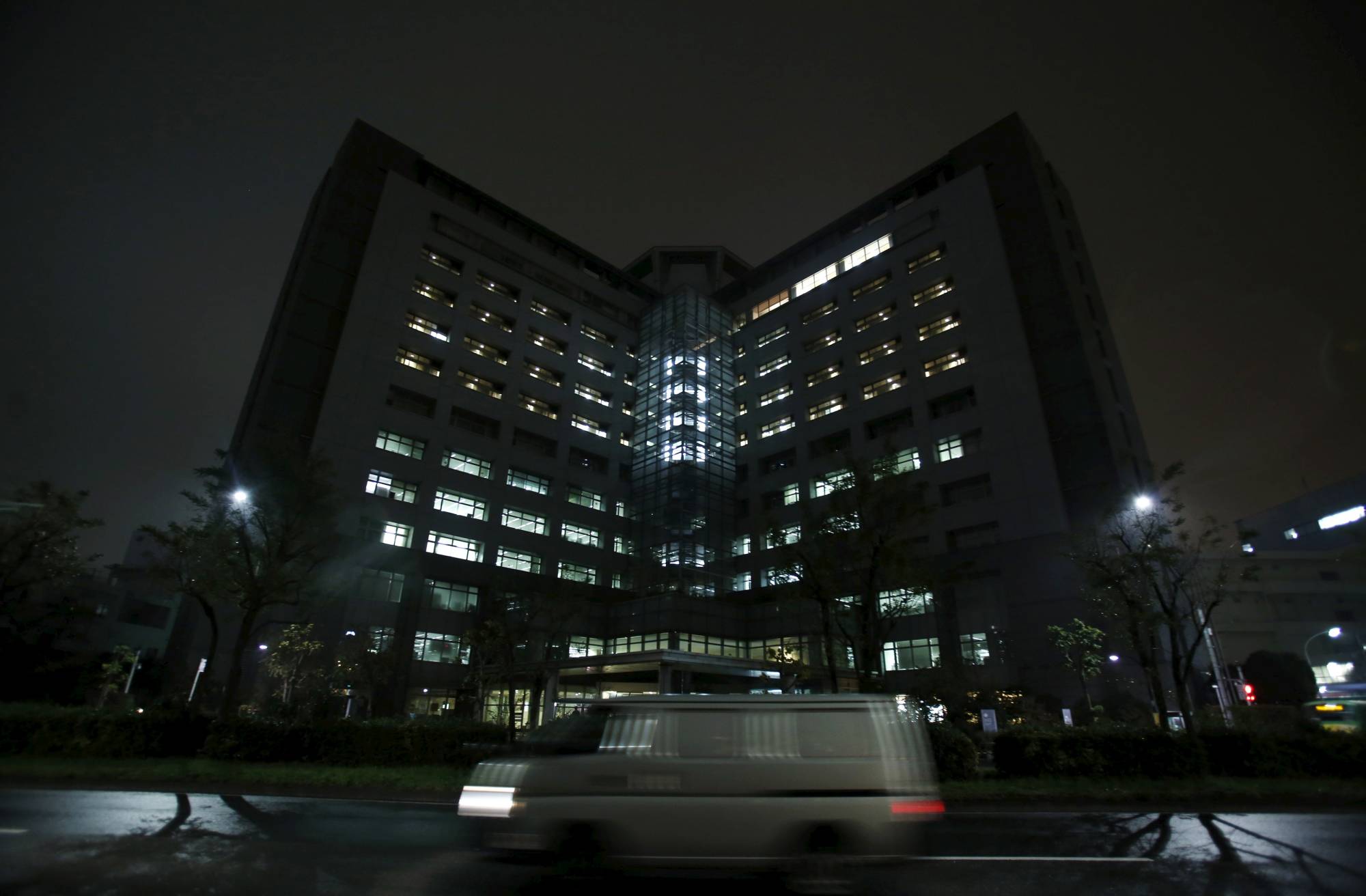On Feb. 19, the Cabinet approved a revision to the Immigration Control and Refugee Recognition Act that would change the way asylum-seekers are treated while they are in Japan waiting for their applications to be processed.
In recent years, some foreign nationals who have entered Japan in stated attempts to flee persecution in their home countries have been detained for indefinite periods of time, and, in 2019, a Nigerian man died in a facility in Nagasaki Prefecture after going on a hunger strike to protest his confinement. Since then, the government has endeavored to amend the law so as to avoid such tragedies, which have provoked concern among international human rights groups, and this bill, which has been sent to Japan’s legislature for approval, is the result.
The media greeted the revision as a solution to the arbitrary detention of foreign nationals, and not just refugees. In an editorial that appeared on March 1, the Asahi Shimbun gave the revision a mixed review in English, saying it is "worthy of note" that the bill creates a new "supervisory program" that allows "would-be deportees" to live with family members or others rather than in detention centers while their applications for asylum are reviewed. However, the editorial also picks apart the bill to determine if, in practice, it offers any significant changes.

















With your current subscription plan you can comment on stories. However, before writing your first comment, please create a display name in the Profile section of your subscriber account page.